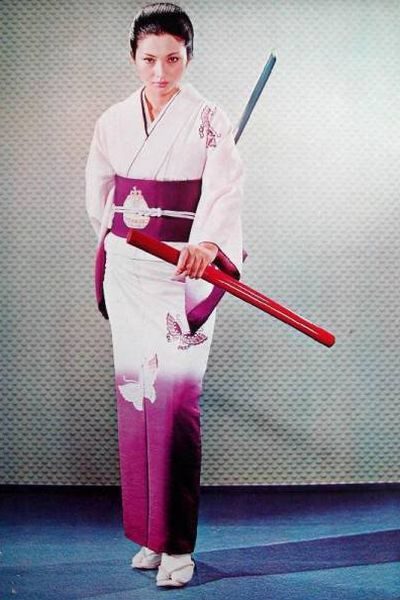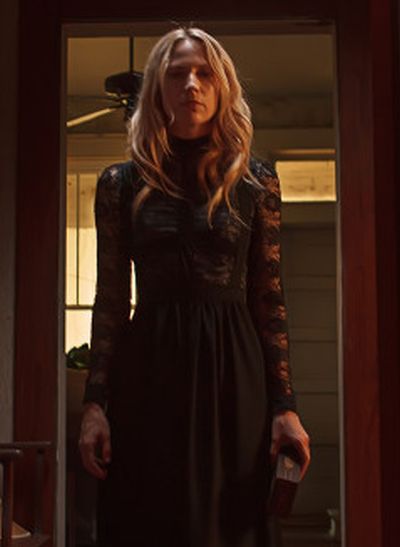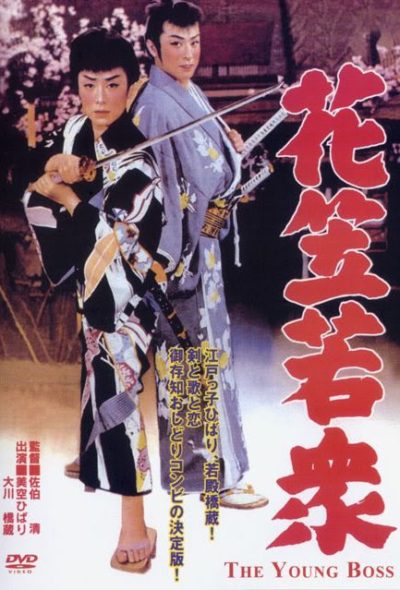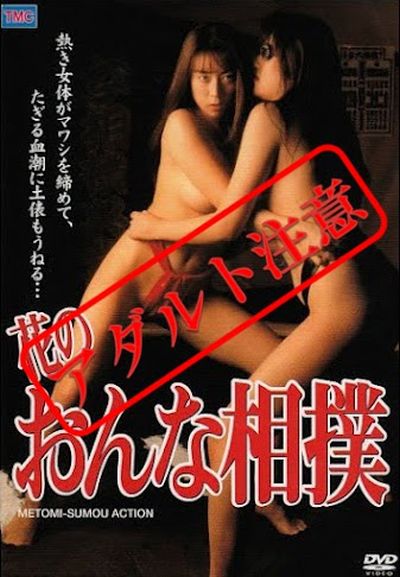★★
“A not-so fair cop”
 Beginning with a jokey caption stating “The producers of this movie are in no way admitting to the existence of PMS,” this is a rather uneven B-movie, which has a potentially interesting premise. Unfortunately, it then does not do enough with the concept.
Beginning with a jokey caption stating “The producers of this movie are in no way admitting to the existence of PMS,” this is a rather uneven B-movie, which has a potentially interesting premise. Unfortunately, it then does not do enough with the concept.
Mary (Hall) is a police officer with anger management issues. After beating up a rapist dressed as a clown. she’s ordered to undergo counseling. Her therapist puts her in contact with a pharmaceutical company testing a new drug, Corybantic, aimed at reducing the impact of PMS. After consulting with the leader of the project, Dr. Sokolov (Skinner), Mary starts taking the drug, and is injected with a chip to track her body’s response. But after witnessing her partner being gunned down during a convenience store robbery, it triggers a violent psychotic reaction. The drug company re-capture their test subject, only for her to break out of their restraints and go on a brutal rampage through the facility. Turns out the chip wasn’t just for telemetry either; it came from an abandoned Soviet project into mind-control.
There a number of ways this could have gone. Social satire, as hinted at in the opening caption, or perhaps a modern version of the Frankenstein story. Instead… Well, there’s not much more than Mary, or her “PMS Cop” alter-ego (played by a different actress, Means), roaming the drug company’s building, banging heads together. The gore is enthusiastic and nicely practical; I particularly enjoyed the silicone implants ripped out of one poor victim’s chest, then used as the means of death for another. You don’t see that every day. However, there simply isn’t enough going on with the story-line to sustain audience interest.
It also shifts notably in tone. Early, it’s almost jokey – for instance, the clown rapist ties up his victim with balloons. Yet the humour is abruptly switched off as soon as Mary begins the drug trial; you’re left feeling like the rest of the film is a comedy without jokes. You can certainly check off the movies director Blakey is inspired by. Robocop, The Terminator and possibly Lady Terminator. Not that there’s anything wrong with influences. It’s just that those are all significantly better movies, and Blakey doesn’t bring sufficient new or interesting to offset this disadvantage. In technical terms, the lighting could certainly also have been better, with too many scenes painfully under-lit, in what may have been a misguided attempt as “atmosphere.”
While I’ve seen and enjoyed B-movies which have skated by on even thinner premises, they’ve been able to take their concepts and do more with them. This instead feels like a 15-minute short, stretched into a feature. I suspect it’s one which would have been more effective at the shorter length.
Dir: Bryon Blakey
Star: Cindy Means, Heather Hall, Elaine Jenkins, Megan Dehart










 Since the death of their father, brother and sister Conrad and Anna (Riesgraf) have been each other’s companions. Virtually sole, in the latter’s case, as Anna suffers from severe agoraphobia, which means she hasn’t left the house for a decade. After Conrad dies of cancer, her only visitor is Meals on Wheels delivery guy, Dan (Culkin), who dreams of escaping town, but lacks the means. In a moment of empathy, Anna offers him a slab of cash: he declines, but after mentioning it in the wrong place, three criminals, led by J.P. (Kesy), decide to pay the house a visit. They’re expecting Anna to be at Conrad’s funeral, unaware of her condition. They are even more wrong about how helpless it makes her.
Since the death of their father, brother and sister Conrad and Anna (Riesgraf) have been each other’s companions. Virtually sole, in the latter’s case, as Anna suffers from severe agoraphobia, which means she hasn’t left the house for a decade. After Conrad dies of cancer, her only visitor is Meals on Wheels delivery guy, Dan (Culkin), who dreams of escaping town, but lacks the means. In a moment of empathy, Anna offers him a slab of cash: he declines, but after mentioning it in the wrong place, three criminals, led by J.P. (Kesy), decide to pay the house a visit. They’re expecting Anna to be at Conrad’s funeral, unaware of her condition. They are even more wrong about how helpless it makes her.

